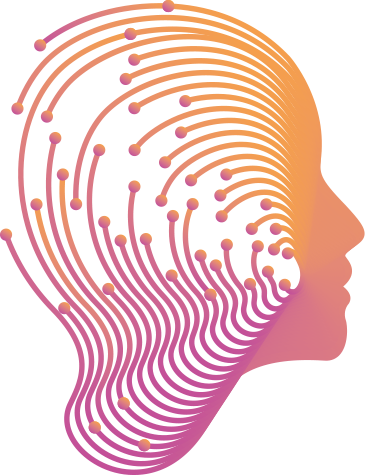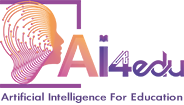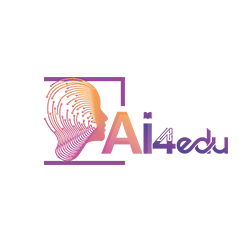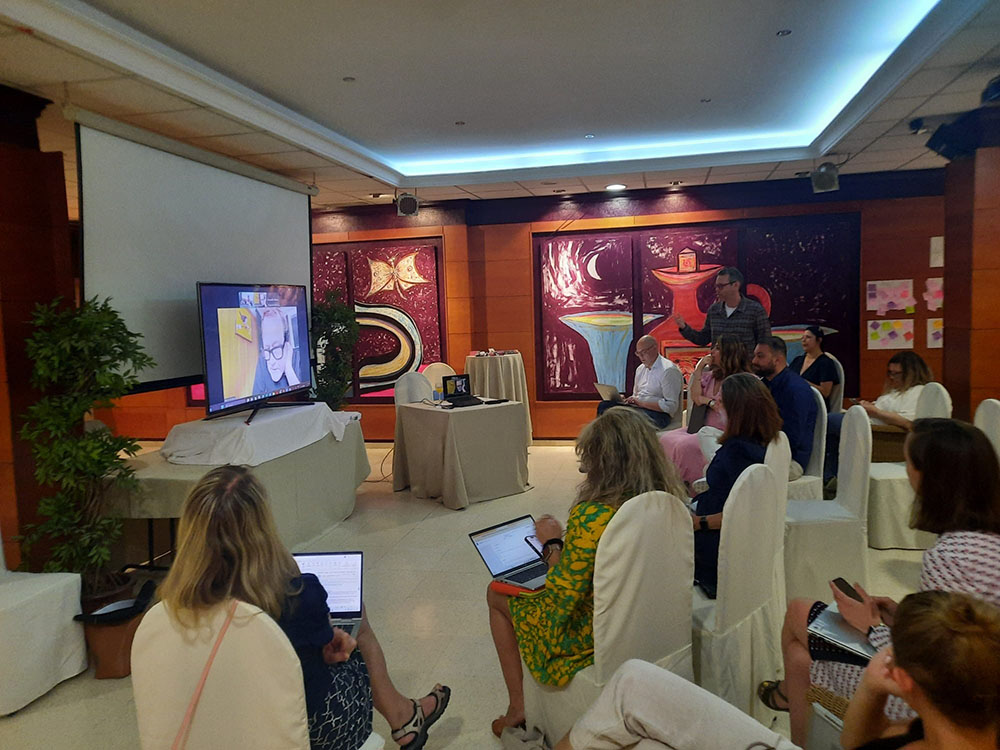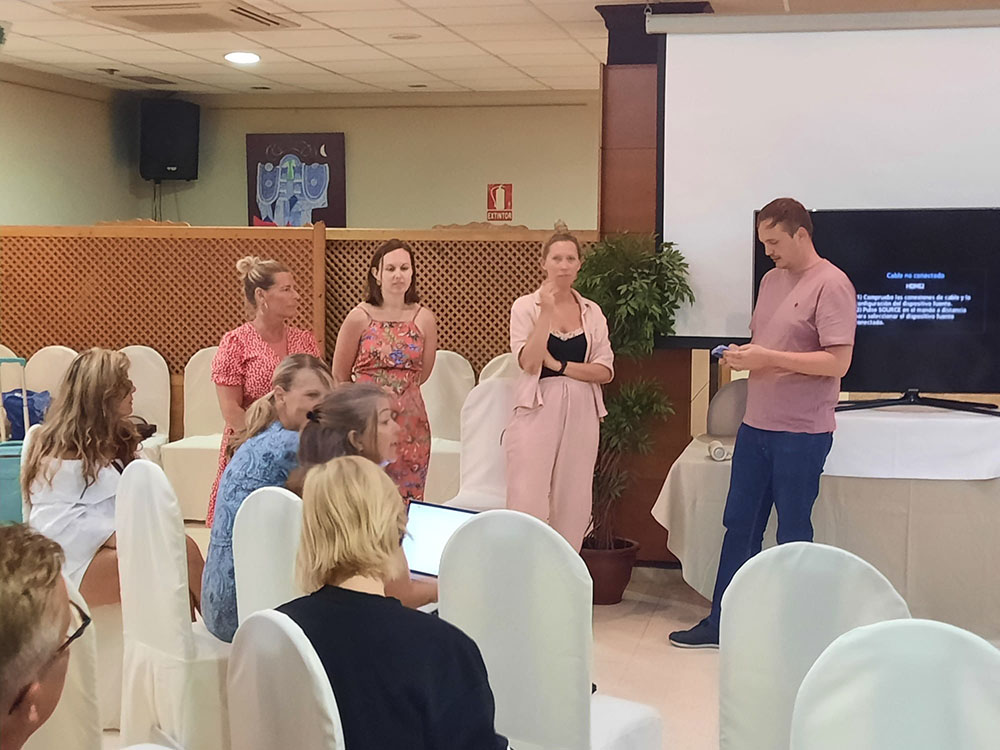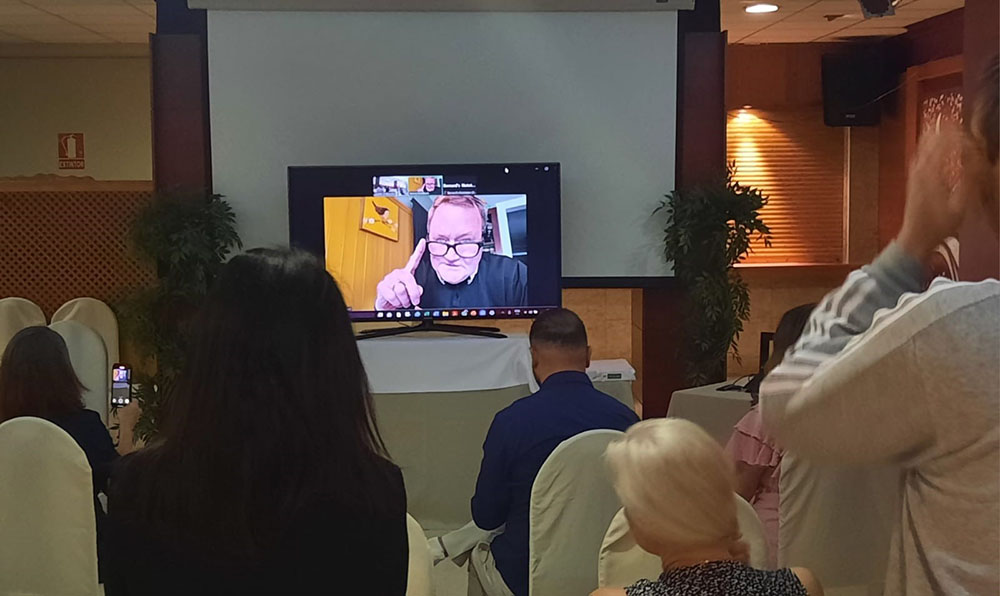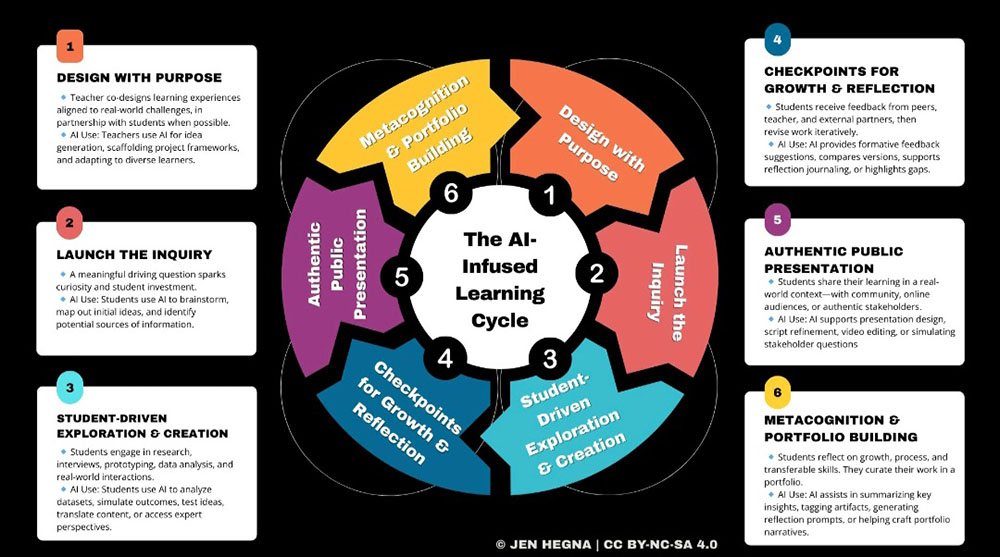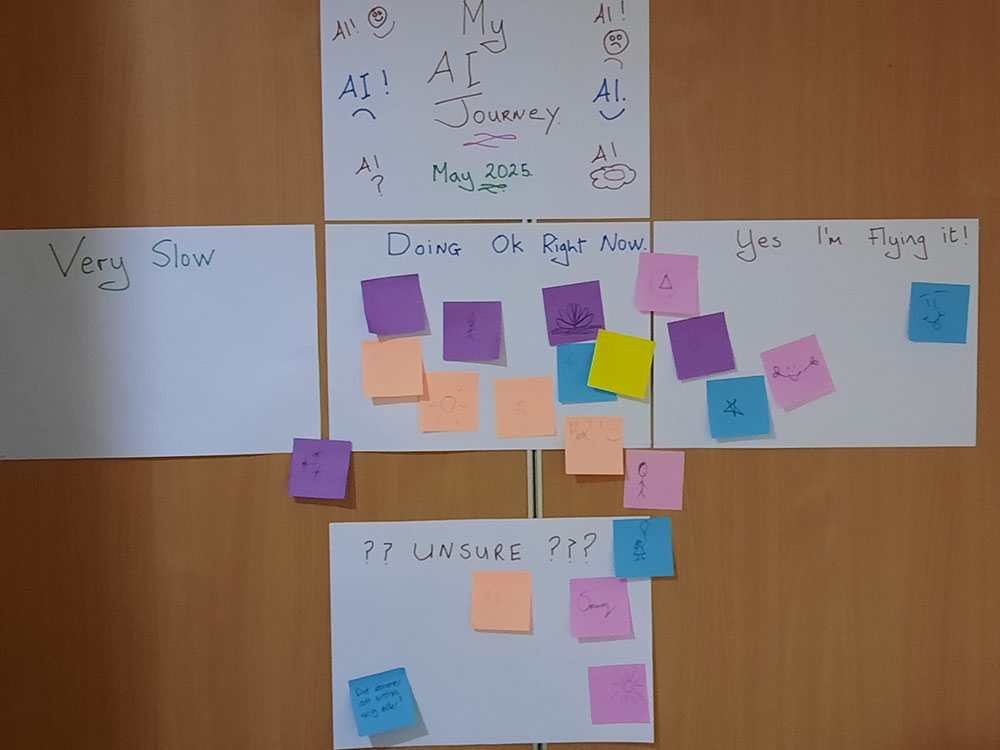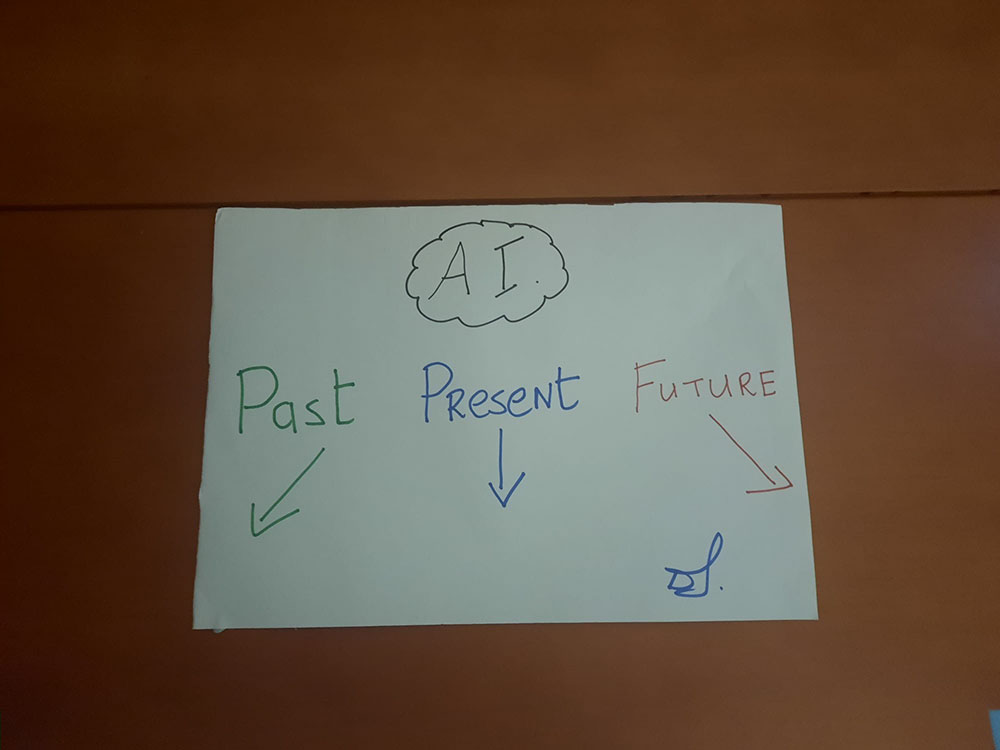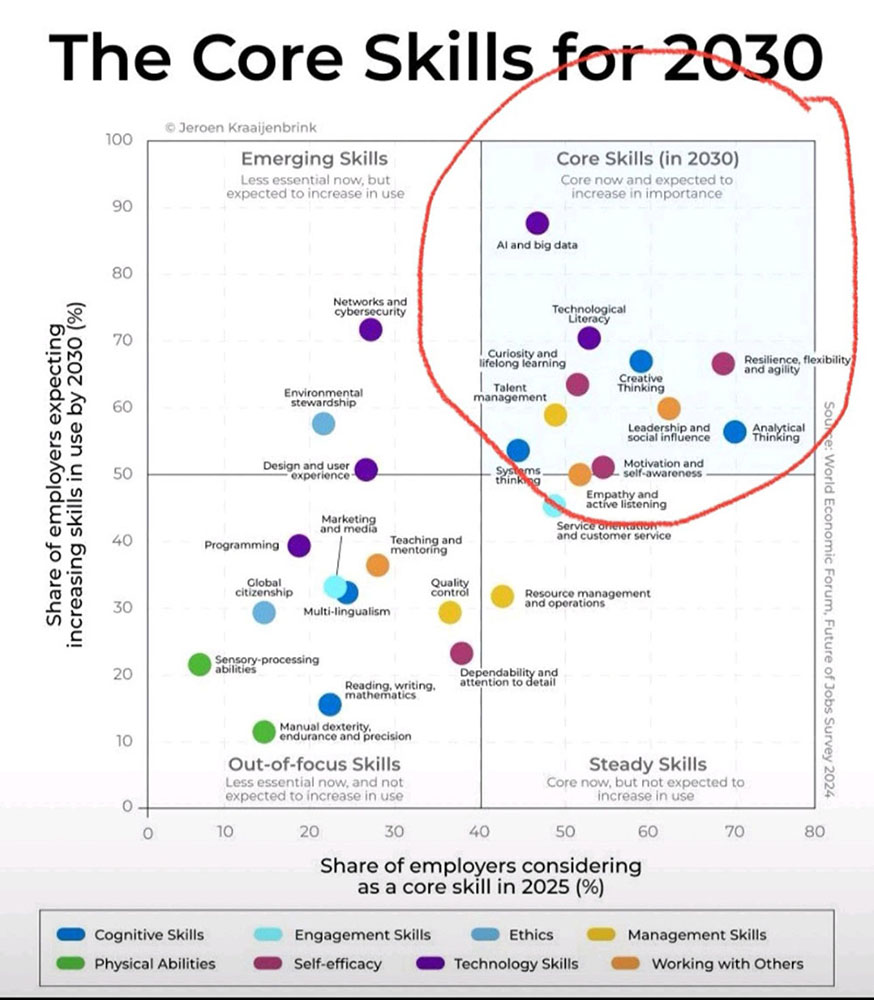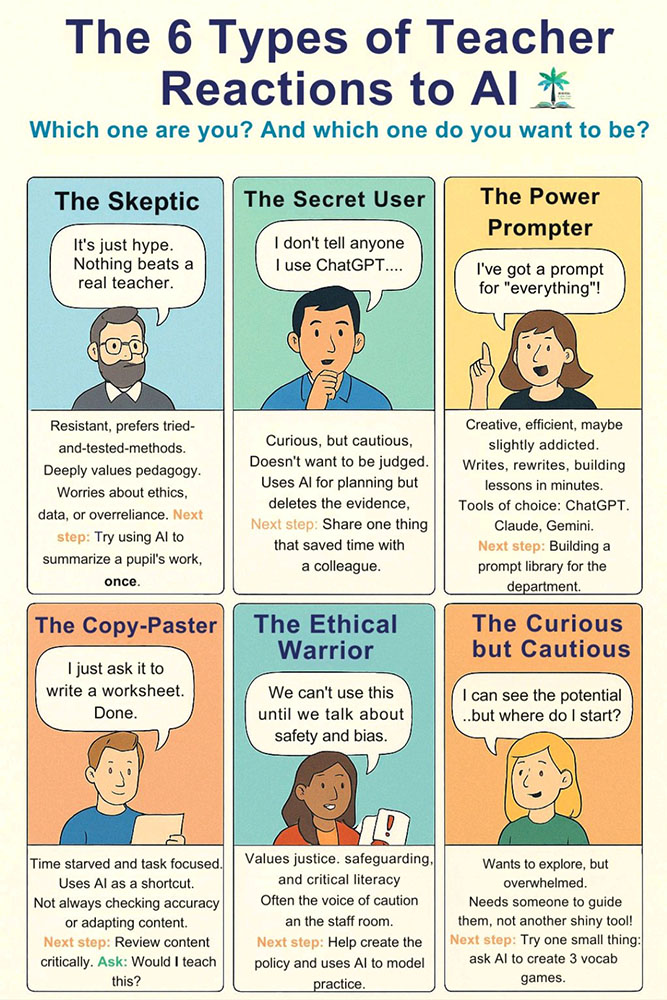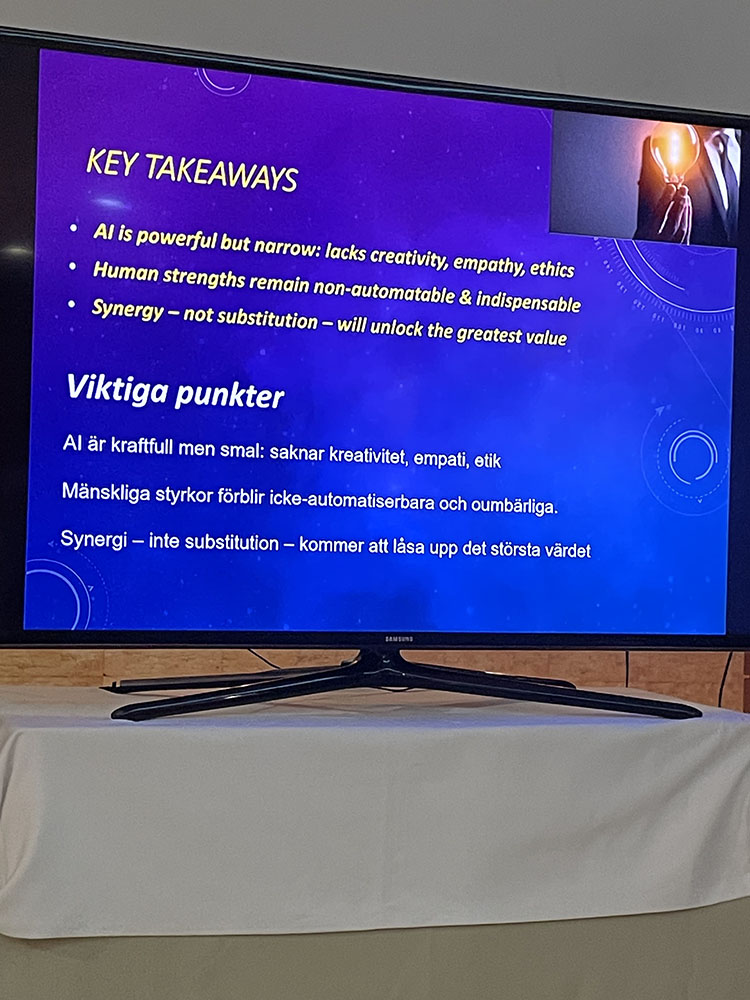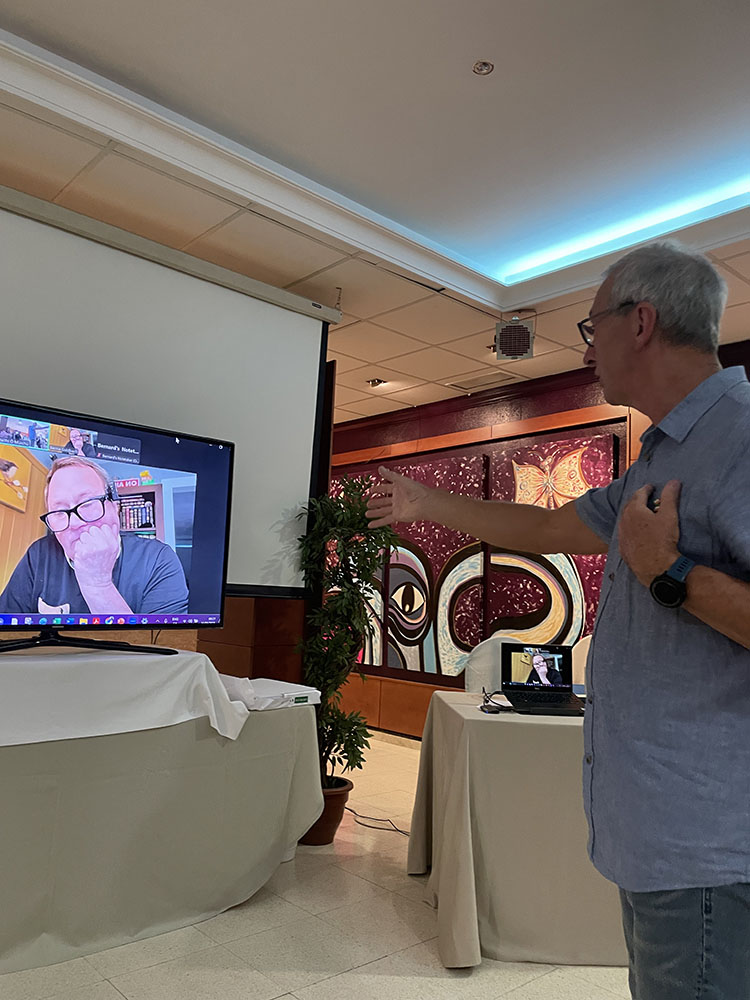
1. Executive Summary
This intensive and dynamic five-day Erasmus+ KA1 conference and training experience empowered over 30 European educators and school leaders to engage deeply with cutting-edge applications of AI in education. Hosted in collaboration with European ERA Málaga and featuring Spanish, and Nordic educators from Sweden and Denmark, the course covered AI policy, pedagogy, GDPR, UNESCO competencies, and hands-on exploration of tools including AI4EDU, TeacherMate, StudyBuddy, Gemini, and Synthesia. Each day offered role-specific workshops, cross-cultural exchanges, interactive plenaries, and AI-infused creativity—culminating in concrete action plans aligned with EU AI policy and ethical governance.
2. Daily Highlights and Reflections – Each Day began with a Keynote by Dr. Daithí Ó Murchú based on his 15 BLOGS around AI4EDU, Agentic AI, AI Singularity and ASI. Each Keynote was followed by a Q and A session and group discussions.
Day 1: Policy Frameworks & AI Foundations
Participants explored EU AI Act, Swedish AI policy, and UNESCO AI Competencies. Breakout groups discussed how to align these frameworks with school realities. TeacherMate and StudyBuddy (from www.ai4edu.eu) were introduced as practical tools transforming teaching through AI-supported differentiation. The use of Mentimeter engaged participants in instant polling and reflection.
Day 2: Ethics, Data Protection & Practical AI Tools
Focus shifted to GDPR compliance, ethical dilemmas, and balancing surveillance risks with supportive technology. Hands-on exploration of AI writing tools, escape room games, and privacy case studies drove deep discussion. Role-specific groups began building draft school data codes and ethical implementation policies.
Day 3: AI Implementation & Organisational Strategy
Participants designed AI action plans across administration, leadership, and classroom practice. Showcases of TeacherMate and StudyBuddy integration in EU schools demonstrated personalisation for migrant students. AI voice assistants (Merlyn) and generative tools (Craiyon, Midjourney) added a playful layer to classroom design.
Day 4: Cultur-AI-al Intercultural Experience
Educators explored Frigiliana and Nerja through the lens of AI-enhanced cultural reflection. Using Gemini and CoPilot, they co-created digital ‘Cultur-AI-logues’ to capture insights. This day deepened cultural intelligence and language exploration, aligning with Erasmus+ intercultural goals.
Day 5: Synthesis, Presentation & Action Planning
Each group presented comprehensive AI integration plans—covering ethics, policy, tools, and training. Participants demonstrated AI video avatars using Synthesia and reflected on their learning journey. Certificates were awarded, and online Teams/Classroom groups formed to sustain collaboration.
3. Key Discussions and Round Table Themes
• Can AI be ethical and inclusive without robust policy frameworks? • How do we empower teachers to become confident AI users and co-creators? • What are the implications of predictive AI and voice agents in multilingual classrooms? • How do school leaders balance innovation with caution? • What is the role of joy, creativity, and student agency in AI-enhanced education?
4. Participant Voices and Testimonials
• “Beyond expectations, many thoughts aroused… Focus on learning and creativity – not fear.” • “Thought-provoking content and insights into AI’s development.” • “Seeing ‘the other side of the coin’ – the dark side of AI – was vital.” • “Combining cultural exploration with AI reflection made this the most unique training I’ve attended.” • “The final presentations and Synthesia avatars showed how far we’ve come in just five days.”
5. Impact and Outcomes
Participants left with enhanced understanding of AI policy, tool integration, and ethical implementation. They gained confidence in developing AI lesson plans, school-level policies, and GDPR-compliant practices. The cultural dimension inspired reflection on
3
AI’s global and human dimensions. Most importantly, networks were formed that will fuel future collaboration within Erasmus+.
6. Conclusion and Follow-Up
This KA1 conference served as a model of bold, creative, and collaborative professional development. AI4EDU (www.ai4edu.eu) played a central role in anchoring discussions in real-world, ethical and empowering use cases. Participants will continue to collaborate via Google Classroom and Microsoft Teams, building a European AI-in-education network.
